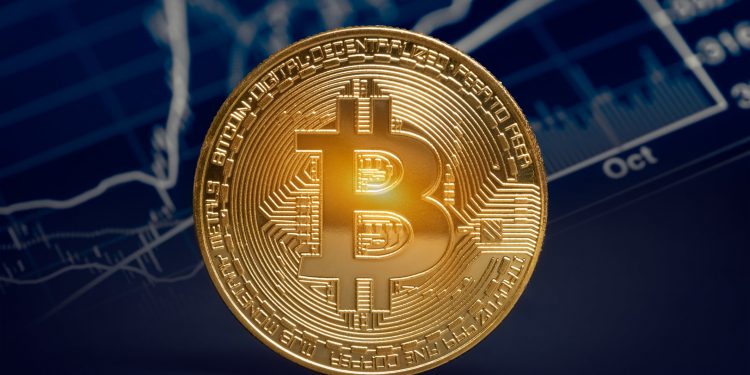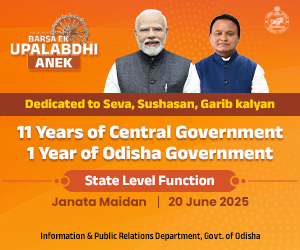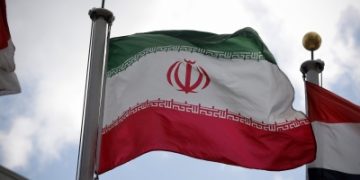Without Uber, would many taxi services have developed their own ride-hailing apps or started accepting credit cards when they did? In static industries with little competition, it takes new competitors and technologies to drive change. And, if managed well, this change need not even threaten incumbents, because they can adopt the new technologies and business models to keep pace with what consumers have come to expect from the new entrants.
These same forces are confronting banking and financial services. Just as Uber and Lyft built a new model for on-demand consumer mobility, the emerging world of blockchain-based financial services has propelled mobile device-centric banking and payments as well as software-powered capital markets. While mobile and electronic banking have been around for a while, the emergence of crypto is enabling new levels of user control and access with little more than a personal digital wallet.
Ultimately, consumers win where there is more choice. When traditional taxis had a monopoly, they often drove right past ride-hailers of a certain complexion, or would refuse to drive into areas “on the wrong side of the tracks.” If new challengers had not expanded access to mobility and financial services, these practices would have remained the norm.
Similarly, banking deserts long existed in areas that either lacked the population density or sufficiently high household incomes to be served with traditional brick-and-mortar bank branches. For many people, even the mundane activity of cashing a check would still incur costs if not for the advent of mobile-deposit apps, showing how over time emerging technologies and established business models eventually converge.
As fast-growing fintech companies have blurred the lines between where brick-and-mortar ends and financial services begins, many commentators have framed this convergence as a zero-sum game, wherein even central banks are vulnerable to being dethroned by new forms of digital money. Yet the Cambrian explosion in cryptocurrencies, blockchain-based transactions, and fintech should be seen as more of an opportunity than a threat.
Right now, at least 105 central banks, representing 95% of global GDP, are reviewing the merits and risks of creating central bank digital currencies (CBDCs). But the global digital-currency race that matters is not about the values that are being transferred; it is about the rails that will convey those values between parties, especially across borders. To introduce a CBDC without contemplating these rails would be like designing a high-speed train without building the tracks or station network.
Even in an era of widespread smartphone connectivity, payments and interbank transfers (the train) will still have to make regular stops to account for counter-party risk, to confirm settlement of the transaction, and so forth. Without planning for these intermediary roles, CBDCs would merely accelerate the elimination of mid-size banks (which would become wholly redundant), while doing nothing to close the world’s yawning financial-inclusion gap. This is where blockchain-based banking could leave its mark.
As matters stand, banks are often subjected to vendor capture at the hands of a small number of “cleared” technology providers that run back-, middle-, and front-office operations. Many banks thus operate at the mercy of systemically important institutions hiding in plain sight (in the United States, payroll providers fall into this category). It is small- and mid-size banks’ reliance on these proprietary, analog, and vulnerable technologies that puts them in a losing position vis-à-vis the largest banks, making their business models look like unevolved taxis after the arrival of ride-hailing apps.
JPMorgan Chase, by contrast, has a digital-transformation budget of $12 billion and a highly capable blockchain team (Onyx) that has already processed earth-to-satellite payments using smart-contract technology – a feat that highlights the importance of the underlying transfer rails. Once one of crypto’s biggest detractors, JPMorgan recognised how perilous it would be to eschew a potentially transformative new technology.
But many questions remain. Can less financially and technologically well-endowed institutions keep up? How will banks and banking adapt to a future of instantaneous cross-border transfers, all facilitated by trusted code? Will the emergence of open-source financial-market infrastructure be an all-consuming source of disruption and disintermediation, or will these technologies simply level the playing field?
Undoubtedly, crypto and blockchain have a branding problem, not least because they are associated with a highly technical lexicon and inscrutable jargon. But someday soon, the underlying technology will fade to the background, where it will power a system-wide upgrade of the rails that move value around the world. The change will be about payment and banking system optionality, not substitution.
Personal checks did not replace paper money. Rather, they added value by giving people the ability to set an expiry date for payments with greater security than carrying around cash. Perhaps even more importantly, they are also improving interoperability in the financial system through routing- and account-number standards.
Likewise, future routing and account numbers will reside on digital wallets with near ubiquitous global access to well-regulated, always-on financial services. Some call this an internet of value; others are referring to it as the third generation of the internet, or Web3. Whatever the moniker, and the ups and downs in the market, the breakthrough innovation is here to stay.
Such innovation should be encouraged, developed, and harnessed, including by the world’s traditional financial-services firms and governments, lest they find themselves consigned to history when the Amazons of Web3 emerge.
The writer serves on the World Economic Forum’s Digital Currency Governance Consortium. ©Project Syndicate







































